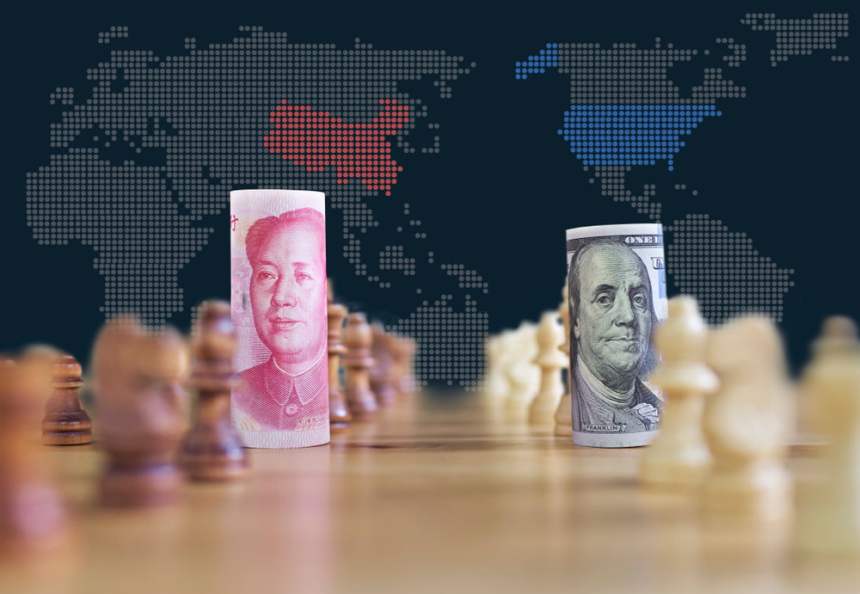Reason to trust

How Our News is Made
Strict editorial policy that focuses on accuracy, relevance, and impartiality
Ad discliamer
Morbi pretium leo et nisl aliquam mollis. Quisque arcu lorem, ultricies quis pellentesque nec, ullamcorper eu odio.
Blockchain Research Institute Chairman, Don Tapscott predicts China’s central bank will digitize their national currency within twenty years. In an interview with Bloomberg Technology, Tapscott said the Chinese acknowledge crypto as an important technology for China.
This highlights a bizarre relationship, where on the one hand, authorities embrace blockchain’s potential to revamp the national infrastructure. Yet, at the same time, impose draconian measures on retail investors.
China’s Odd Relationship With Blockchain and Crypto
Following China’s ban on ICOs and fiat to Bitcoin exchanges; as well as the more recent proposal to outlaw crypto mining, many observers believe the Chinese authorities are opposed to blockchain technology.
But a recent report from China.org.cn, an official internet information channel, shows China to be the foremost country for blockchain projects. According to the article, China leads the world in the number of blockchain projects, at 263. A figure that makes up 25% of the global total.
Details show China is using blockchain technology across a range of industries, including financial services, public services, healthcare, supply chains, smart manufacturing, and logistics. Zhang Feixue, Chief Editor at Blockdata, talks about the advantage of decentralized data management. Going on to say:
“It can serve the real economy in terms of circulation and distribution. In the field of industrial economy, blockchain allows various assets to flow in the digital world, so it is a real gateway to digitalization for industries.”
China Hates Investment Speculation
At the same time, caution comes from the speculative nature of cryptocurrency. Which some say distracts from the core fundamentals of what blockchain should be about – a tool to serve people. And not a get rich quick scheme. Paul Sin, Asia Pacific Blockchain Lab lead at Deloitte said:
“When all the noise, hype and speculation dies down, we expect an increasing focus on the real application of the technology in solving real business problems to create solid synergetic values.”
Not only that, but according to the China Internet Report, officials are quite happy to say no to crypto, but yes to blockchain technology. Moreover, this seemingly paradoxical approach comes from a fear of blockchain’s potential to disrupt the status quo. Speaking to CNBC, venture capitalist and technology executive, Edith Yeung, said:
“What the Chinese government is not endorsing is the crypto part of things. Which is challenging the fundamental of financial systems.”
China’s National Cryptocurrency
News of a Chinese central bank digital currency (CBDC) has been in circulation since the end of 2017. And while some see this as positive for the industry, in terms of blockchain adoption, Nouriel Roubini disagrees. Speaking to the Guardian, the American-Iranian economist said:
“This is nonsense. If anything, CBDCs would likely replace all private digital payment systems, regardless of whether they are connected to traditional bank accounts or crypto-currencies.“
Central Bank-Issued Digital Currency (CBDC), Nations are actively exploring. Russia plans to develop the cryptoruble. Japan wants the J-coin. The Bank of Canada released a thirty-page paper arguing for its own CBDC. China, the United Kingdom, India….and list goes on pic.twitter.com/buUqot7x00
— CryptoShah (@CryptoShahh) December 19, 2017
Taking this into account, CBDCs represent the antithesis of what Bitcoin and other decentralized cryptocurrencies represent. That being so, a Chinese digital currency is not something to celebrate. Instead, it should be seen for what it is, a final play for relevance and control.





















